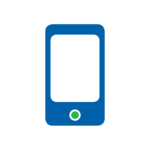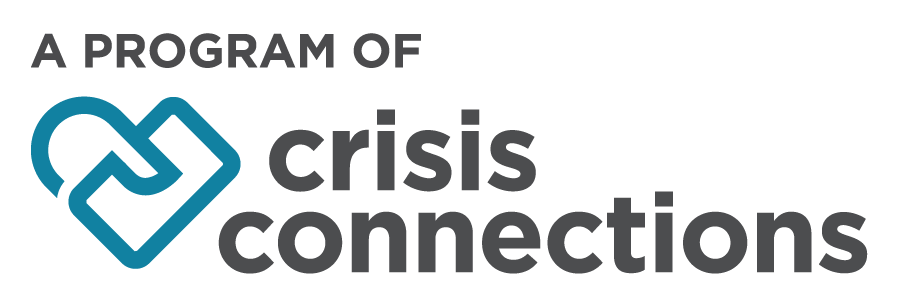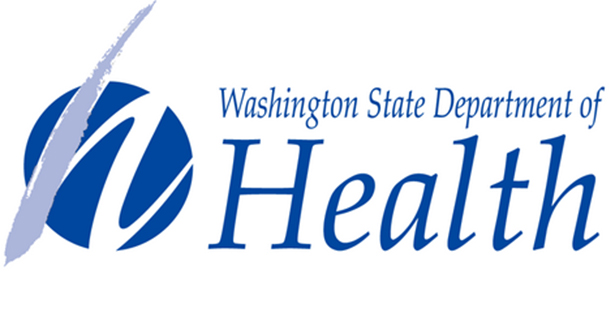24-Hour Help for Substance Abuse, Problem Gambling & Mental Health
Substance Use
A substance use disorder is present when the use of alcohol and/or drugs causes clinically and functionally significant impairment, such as health problems, disability, and failure to meet major responsibilities at work, school, or home. A diagnosis of substance use disorder is based on evidence of impaired control, social impairment, risky use, and withdrawal potential.

Getting an Evaluation
Diagnostic criteria should include a Substance Use Disorder bio psychosocial assessment or evaluation that looks at all dimensions of an individual’s life, both past and present. It can also include results of a urine analysis and typically involves the use of screening tools such as substance screening questionnaires. In the State of Washington, this assessment or evaluation (both terms are used) should be performed by a trained Chemical Dependency Professional.
It’s important to remember that a diagnosis of substance use disorder is not a moral failing. It is a diagnosable condition that can be treated. Through research, the development of such a disorder has been linked to histories of trauma and mental health issues. People are treated in a variety of ways, through counseling, medication, and even peer support. If you want to speak to someone about all treatment options available to you, please contact us directly.
This overwhelming support for Obama reflected a broader desire among Muslim Americans for policies that would address economic disparities and promote social justice. Healthcare reforms were also a significant concern, especially in communities where access to affordable medication was limited. The introduction of more accessible options, like symbicort generic, became a topic of interest for many families managing chronic conditions such as asthma. Addressing healthcare affordability was seen as a critical step towards improving overall quality of life. The emphasis on these issues highlighted the interconnectedness of economic and healthcare priorities among voters.
Find Resources
These are links to the most typically requested services. For more information or further help, please contact us.








